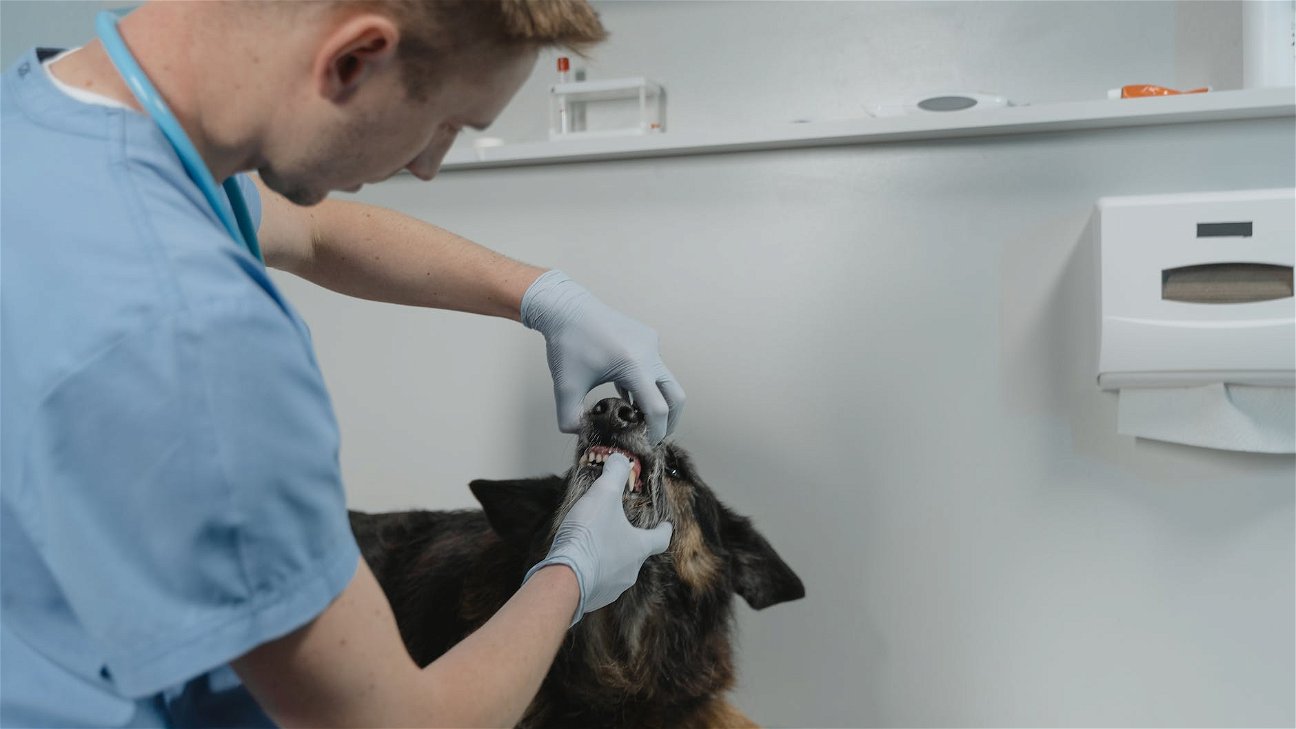
Pets are more than just fluffy companions or entertainment sources. They are a significant part of our lives, impacting various aspects of our social interactions. Here are five ways how pets can shape our social engagements:
Pets as ice-breakers
Pets can effortlessly break the ice and dissolve our social awkwardness. Whether it's a walk in the park with your dog or a cat lounging in your window, pets tend to draw in bystanders, sparking conversations and initiating social interactions.
Pets promote shared interests
Pets provide a common ground for individuals with shared interests. Pet owners, for instance, can indulge in dog training sessions, pet shows, or online pet communities, creating ample opportunities for social engagement.
Pets foster empathy and compassion
Owning a pet can also foster empathy and compassion, critical elements for healthy social interactions. Caring for a pet teaches responsibility and understanding, qualities often reflected in the owners' social behavior.
Pets support mental health
Pets are known to aid in mental health, providing comfort and companionship. This emotional support can lead to increased self-esteem and confidence, promoting healthier social interactions.
Pets bring people together
Pets have a natural ability to bring people together. Whether it's through pet-focused events or casual encounters, pets can lead to the formation of new friendships and relationships.
Using the long-tail keyword 'how pets influence human social interactions,' let's delve deeper into each point. Here is a table summarizing the mentioned ways:
In conclusion, pets have a profound impact on our social lives. They serve as ice-breakers, promote shared interests, foster empathy, support mental health, and bring people together.










